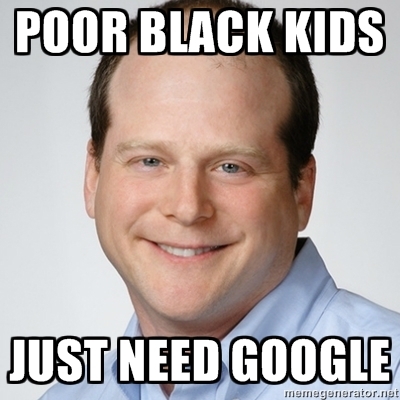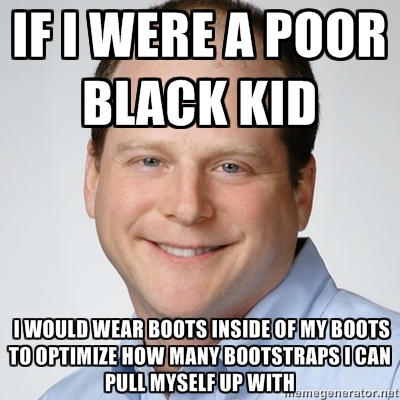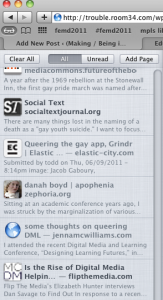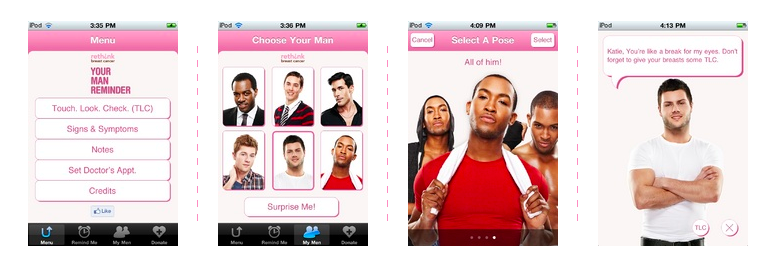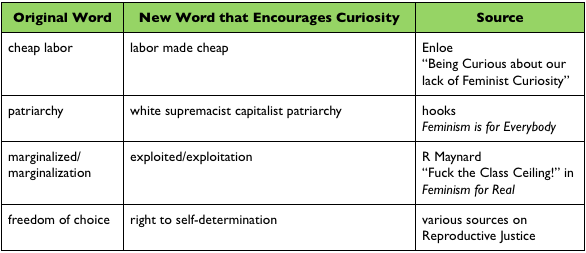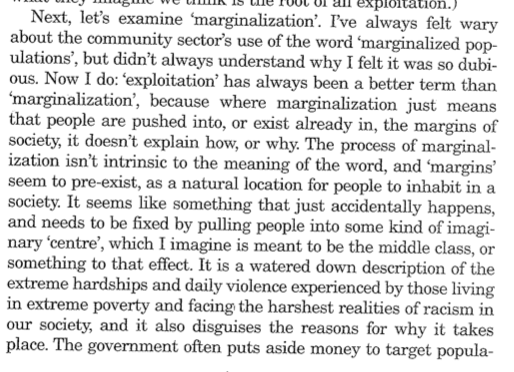I’m having way too much fun today. Finally, I get to write on my blog! I’m trying to get in as much writing as I can before RJP and FWA get out of school next Friday and we travel to see family. Hi AMP! Can’t wait to see you next Sunday! I thought I’d archive some sources for an article that I’m planning to write about Siri and all of the hype surrounding its feminism fail from a few weeks ago. In my article, I’m not so interested in detailing how/why Siri is a problem for people who need reproductive health resources (want to know why I write “people” and not “women”? Read this) as I am in critically analyzing the ways in which the story about Siri’s reproductive health limitations was discussed by various feminist/feminist-friendly blogs and then taken up by other non (or possibly pseduo) feminist sites.
Some primary questions I want to pose:
- What doesn’t get discussed when the issue of Siri’s limitations gets reduced to the conclusion that Apple is pro-life or anti-feminist or misogynist?
- What important feminist/critical conversations about technology, Smartphone Apps, the digital divide, and reproductive justice are foreclosed with this reduction?
- How does mainstream (social) media take up and distort stories first introduced on alternative media sites (like feminist or critical race blogs)?
Since I haven’t had that much time to think through this project (with teaching and grading and tweeting and running and writing other posts), I don’t have any big conclusions yet. But, I do have a timeline of sources! Here it is:
TIMELINE of articles/responses
november 27, 2011:
- Abortioneers: What’s the deal with Siri?
- Twitter storify conversation about Siri (inspired by abortioneers post)
november 28, 2011:
november 29, 2011:
- Is Siri pro-life? Apparently yes (check out the reductive comments that are all focused on for/against abortion instead of the issue at hand)
- Apple’s Siri on feministing
- Is the iPhone’s Siri Misleading Women who Need Emergency Health Services?
- Feminism Fail on colorlines
- Siri Failures, Illustrated (provides point by point responses with screen shots to some common retorts. Here’s one take away:
People have suggested that this about a lack of female programmers. I don’t think it is. One doesn’t have to be female to know that if you’re going to provide your customers with the benefit of the doubt that they’re adults and will give information on where to buy condoms, beer, the names of local escort companies and “tongue in cheek” locations for hiding a dead body, you should provide information about health clinics, especially when customers know their full names and basic locations. I don’t think you need females on your programming staff to know that a person can go to an ob/gyn for birth control, not just a “birth control clinic.” I don’t think that it’s necessary to be female to know that rape is a violent crime and that a rape victim will need a hospital and/or the police before they need a “treatment center.” This isn’t just about gender. This is about something more esoteric and far far less simple to explain.
november 30, 2011:
december 1, 2011:
december 2, 2011:
december 5, 2011:
Any other blog/news sources that I should include in this timeline? I should note that I don’t think that my list is exhaustive; I’m sure that many others have written about this incident (there are probably tons of posts on tech blogs that critique the idea of a bad apple). For my article, I’m more interested in critically reflecting/documenting a general trend (and a common pattern that frequently occurs with “feminist” issues in the blog-0-spheres).


